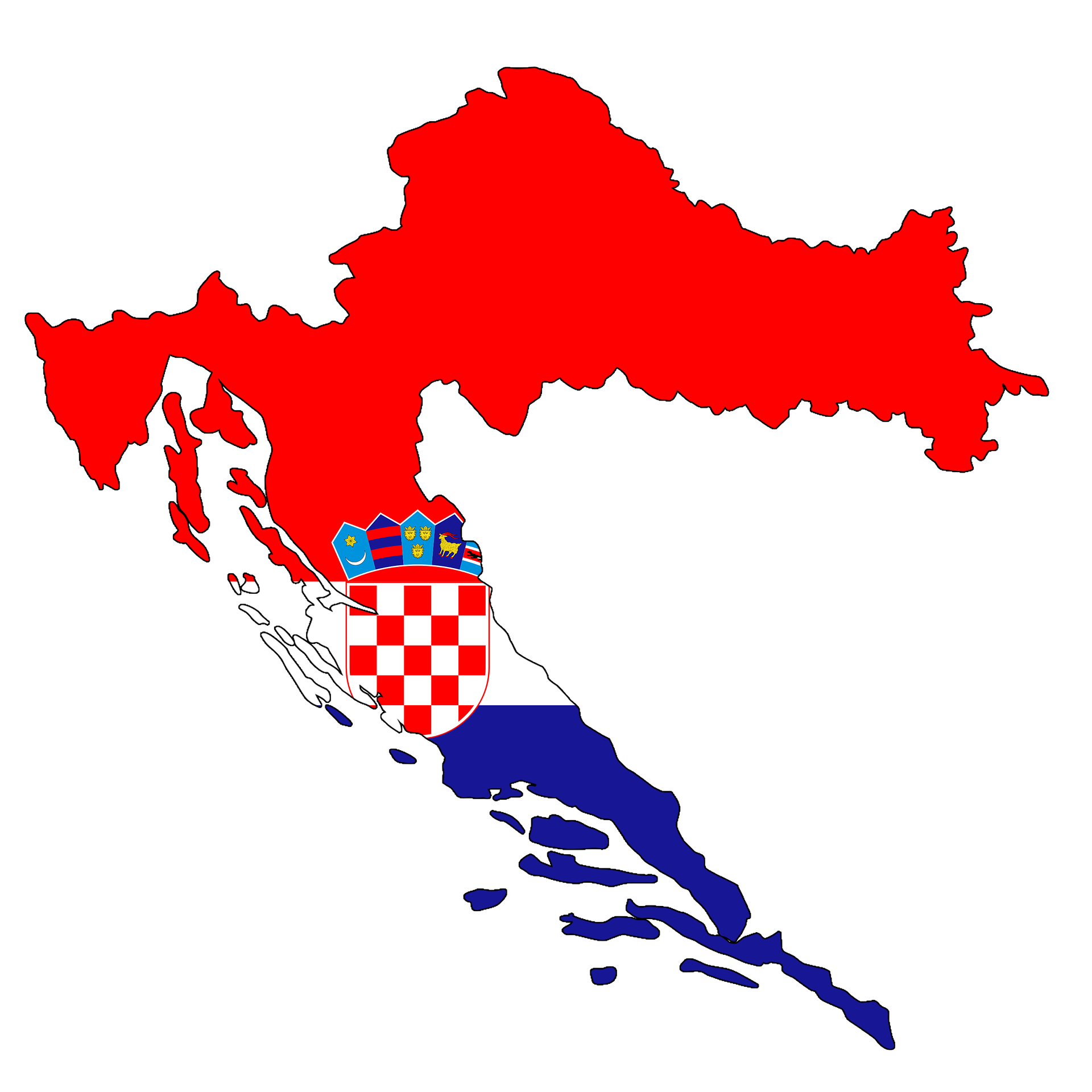REWI Uni Graz: In your research you take, among other things, a closer look at e-justice and digitalization. How far has Croatia come in this regard?
Tatjana Josipović: In the last few years, Croatia has made a significant progress when it comes to digitalisation of its public administration and the judiciary. The reforms involving digital transformation are taking place at both legislative and organizational levels. Many laws have been modernized. At the level of courts, the systems of e-Case, e-Notice Board and e-Communication are established. An integrated e-Case system enables proper case management. The system of e-Communication makes it possible for attorneys, and other participants in court proceedings, under special conditions and through the e-Citizen system, to have insights into the content of documents of court cases and to send submissions to courts and to also receive them from the courts. The implementation of concrete IT solutions for the issuance of judicial decisions has resulted in increased transparency of the work of the judiciary. Within the e-Citizen system, a large number of public services are possible whereby citizens and enterprises have access to electronic services provided by public administration bodies. Many public registers are now digitalized, such as the land register, the register of companies, the cadastre. The process of interconnecting different digital systems has been intensified, including the functionality of the connection of various electronic databases and e-registers. Coordinated and accelerated digitalization and transformation of the public administration bodies and the judiciary continue to be the Digital Croatia Strategy 2032 adopted by the country’s Parliament at the end of 2022. The most important target has been to increase the number of automatized and digitalized processes and services offered by the country’s public administration and its judiciary, and to upgrade access to their services by citizens and companies. There is no doubt that this also requires special efforts of strengthening the capacities and competences of those employed in public administration and the judiciary. In particular, efficient protection of the citizens’ personal data must be ensured. Reforms aimed at the development of digital infrastructure must be made to provide effective access to the judiciary by all citizens. Digitalisation of the judiciary must not lead to a situation where citizens, who do not have the necessary computer skills, or do not have access to the Internet, or who have difficulty or cannot use it, are unable to access the judiciary.
In your research project at REWI Uni Graz you focus on the digitalisation of the land register and its effects on real estate transactions. What are the outcomes of your research stay with us? Are there new findings?
The process of digitalisation of the land register modelled on the Austrian system has been gradually introduced in the Republic of Croatia. The content of the Croatian land register, the types and conditions for entries, its effects, as well as any land register procedures, have all been developed on the model of Austrian law. Therefore, it was extremely important for my research into land register digitalisation and digital transformation of real property transactions, to visit your Faculty and to be able to have access to immensely rich Austrian literature available at the RESOWI library. I was able to become acquainted with the most recent developments of the Austrian land register law, not only in connection with the digitalisation of your country’s land register, but also regarding overall modernisation of substantive and procedural land register law. It was especially useful to become acquainted with the reforms of the Austrian land register law in the course of the last decade, involving both technical modernisation of the land register, as well as its adjustment to new technologies. It was very interesting to examine the traditional land register concepts aimed at their adjustment to the electronic communication between notaries public and attorneys on the one hand, and the land register courts on the other. It became quite obvious that digitalisation requires a different approach to the organisation of some classical legal concepts of land register and substantive bodies of law. So far, these issues have not been sufficiently discussed in Croatia. In addition, electronic communication with land register courts has revealed some new questions in terms of the protection of citizens when it comes to their access to the judiciary. Austrian experiences in this regard can be a very useful basis for further discussions on the role of notaries public and attorneys when registering real property or, in general, in any legal transactions involving real property in Croatia.
In general: What are the challenges Croatia needs to address concerning its legal order?
Ever since its independence, the Republic of Croatia has been intensively working on reforming its legal system to conform it to market economy and to EU law. Major challenges of the reforms of the Croatian legal system have been very frequent amendments to some laws which usually jeopardises the consistency of the entire legal system. Apart from such frequent amendments to systemic laws, in some legal fields, numerous separate Acts have been passed regulating only some very specific legal matters. As a result, the legal system of Croatia is extremely segmented. This requires particular attention paid by legal experts when interpreting and applying particular laws, as well as their high level of specialization. In some legal areas, it would be very useful to implement some kind of recodification to achieve harmonisation of abundant separate laws.
You were a member of the negotiating team for the accession of the Republic of Croatia to the EU. How would you describe this experience?
For me, taking part in the European accession negotiations was an extremely professional experience - at the same time also a great honour and responsibility. For all active participants, the negotiations certainly brought about some new insights into the functioning of the European institutions and values on which the European Union is based, particularly when it comes to the criteria of membership. I myself learned a lot about EU law, as well as about our national law. The most important thing was to understand that by the accession, some new social values and standards of the protection of human rights and market freedoms were incorporated into the legal and economic order of the Republic of Croatia. The most wonderful experience during those negotiations was very fruitful cooperation with a large number of lawyers and other experts preparing various materials, as well as enormous enthusiasm and the will to implement reforms and achieve progress in Croatia. I strongly believe that at the time of accession, Croatia became a more modern and a better society for all its citizens.
We had the honour to have you as our Dean’s Fellow at REWI Uni Graz in March. What are your impressions of the Faculty of Law ?
My stay at the REWI Uni Graz, in the role of a Dean’s Fellow, has been very useful for my research and my future projects. I am really impressed by the organization of the work at the REWI Uni Graz and particularly its library. The overall atmosphere at the Faculty and in the library has been very encouraging for my research activities. What I find wonderful is the fact that the library is open every day of the week and any time of the day. I was happy about the possibility to search into many databases. Legal and any literature resources at REWI Uni Graz are really excellent. My stay has not only been marked by intensive research but also by the opportunity to see my colleagues I have professionally been in contact with for years. Indeed, I also got to know some new colleagues with whom I share the same research interests. I want to emphasise that I have very much enjoyed my stay as a researcher at REWI Uni Graz and enjoyed everyone’s support and assistance at all times. This makes me feel welcome by both the Dean and the professors, as well as the Faculty’s administration and the library staff. I am very thankful to everyone for such welcome, help and support.
What do you plan next?
In times to come, I plan to finish my project on digitalisation of the land register and legal transactions involving real property. I also intend to focus on the project of analysing the impact of the energy crisis and climate changes on private law and the protection of citizens. At the same time, I plan to continue studying individual private law aspects of EU law and in particular digital law and the consumer contract law. In these new projects, I shall also be very happy to develop further cooperation with my colleagues of REWI Uni Graz.

